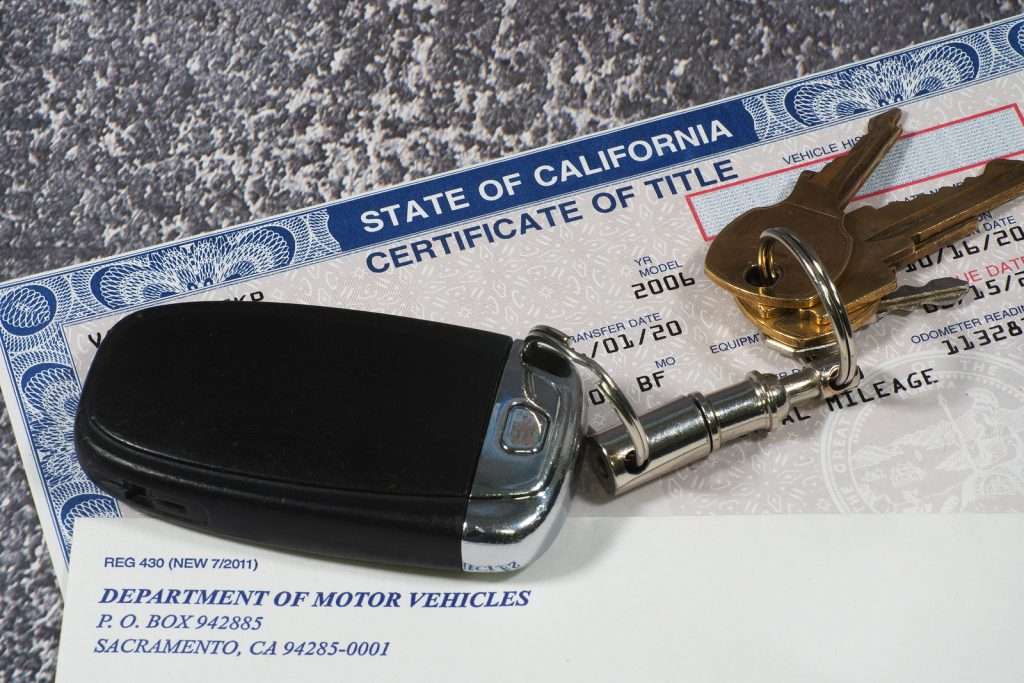As your vehicle gets older, you may consider retiring it from service. Vehicle retirement involves taking your old car or truck off the road permanently. This process is essential to prevent older vehicles from releasing pollutants that can harm the environment. DMV vehicle retirement is the process of retiring your vehicle through the Department of Motor Vehicles. In this article, we will explain everything you need to know about DMV vehicle retirement, including the steps involved, the benefits, and how to ensure you are following the correct procedures.
What is DMV Vehicle Retirement?
DMV vehicle retirement is a process that involves taking your vehicle off the road and de-registering it with the Department of Motor Vehicles. This is a crucial step in protecting the environment and improving air quality. DMV vehicle retirement is a mandatory process for vehicle owners who have older cars, trucks, or other vehicles that are no longer roadworthy or fail emissions testing.
Why Should You Retire Your Vehicle?
Retiring your vehicle is an essential step to help protect the environment. Older vehicles are known to release more pollutants into the air, which can harm the environment and cause health problems. By retiring your vehicle, you are taking an important step to reduce air pollution and improve air quality. Additionally, vehicle retirement can help you save money by getting rid of a car that may require frequent repairs and maintenance.
How to Prepare for DMV Vehicle Retirement
Before you retire your vehicle, there are a few steps you need to take to ensure you are prepared. First, you need to gather all the necessary documentation, including your vehicle registration, title, and insurance. You also need to remove all personal items from the vehicle and cancel your insurance policy. Finally, you need to make sure the vehicle is clean and free from any trash or debris.
Steps to DMV Vehicle Retirement
The process of DMV vehicle retirement involves several steps. The first step is to contact the Department of Motor Vehicles and obtain the necessary paperwork. Once you have the paperwork, you need to fill it out and submit it to the DMV. After the DMV processes your paperwork, you will receive a confirmation that your vehicle has been retired. At this point, you need to surrender your license plates and cancel your insurance policy.
Benefits of DMV Vehicle Retirement
There are several benefits to DMV vehicle retirement. First, it helps to protect the environment by reducing air pollution. Second, it can save you money by getting rid of a vehicle that may require frequent repairs and maintenance. Finally, it can help you avoid any legal issues that may arise from owning a vehicle that is no longer roadworthy.
How to Ensure You are Following the Correct Procedures
To ensure you are following the correct procedures for DMV vehicle retirement, it is essential to check with your state's Department of Motor Vehicles. Each state has its own specific requirements for vehicle retirement, and it is crucial to follow these procedures to ensure you are in compliance with state laws. Additionally, you may want to consider working with a licensed dismantler or recycler who can assist you with the process of retiring your vehicle.
Common Mistakes to Avoid When Retiring Your Vehicle
There are several common mistakes that vehicle owners make when retiring their vehicles. These include failing to obtain the necessary paperwork from the DMV, not canceling insurance policies, and not removing personal items from the vehicle. To avoid these mistakes, it is essential to carefully follow the procedures outlined by the DMV and to work with a licensed dismantler or recycler who can assist you with the process.
Other Options for Disposing of Your Vehicle
If you are not interested in DMV vehicle retirement, there are other options available for disposing of your vehicle. These include selling the vehicle, trading it in, or donating it to a charity. However, it is important to note that each of these options has its own specific requirements and procedures.
Conclusion
DMV vehicle retirement is an essential process for protecting the environment and improving air quality. By retiring your vehicle, you are taking an important step to reduce air pollution and improve the quality of life in your community. The process of DMV vehicle retirement may seem complicated, but by following the correct procedures and working with a licensed dismantler or recycler, you can retire your vehicle safely and efficiently. Remember to check with your state's DMV for specific requirements and to avoid common mistakes when retiring your vehicle.
FAQs
- What is the minimum age of a vehicle for DMV vehicle retirement? There is no minimum age requirement for DMV vehicle retirement. However, the process is typically reserved for older vehicles that are no longer roadworthy or fail emissions testing.
- Can I retire my vehicle if it is still in good condition? Yes, you can retire your vehicle even if it is in good condition. Vehicle retirement is a personal choice and is not limited to only vehicles that are no longer roadworthy.
- Can I get any money for retiring my vehicle? Some states offer incentives for vehicle retirement, such as cash payments or vouchers for public transportation. However, these incentives vary by state and are not available in all areas.
- What happens to my retired vehicle? Once your vehicle is retired, it is typically dismantled and its parts are recycled or sold for scrap. The remaining metal is crushed and recycled.
- Can I retire a leased vehicle? If you are leasing a vehicle, you cannot retire it as you do not own the vehicle. Only the owner of the vehicle can retire it. However, if you are leasing a vehicle, you may have the option to return it to the leasing company at the end of your lease term.



